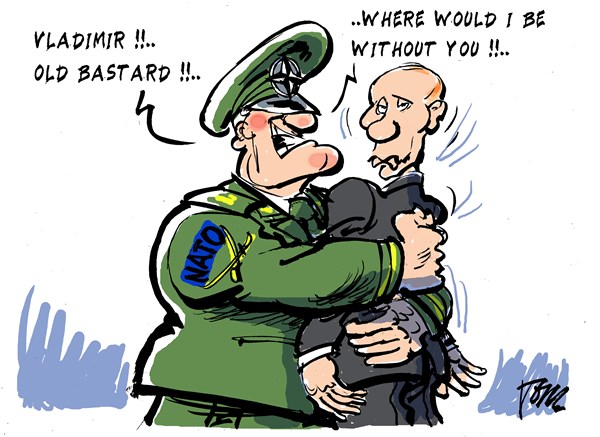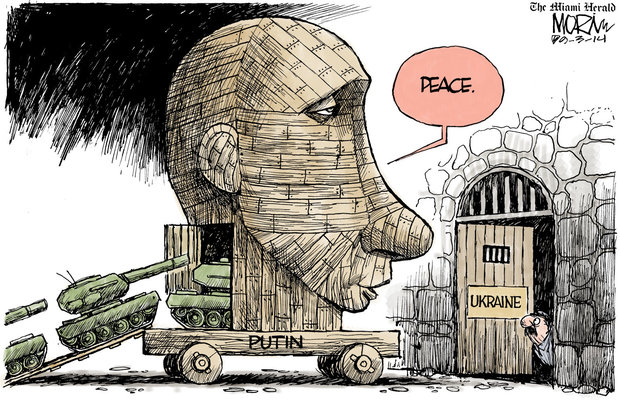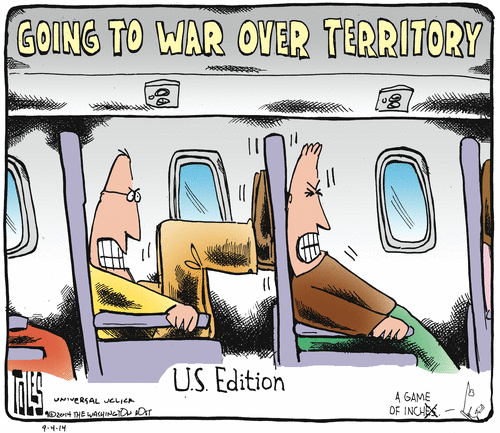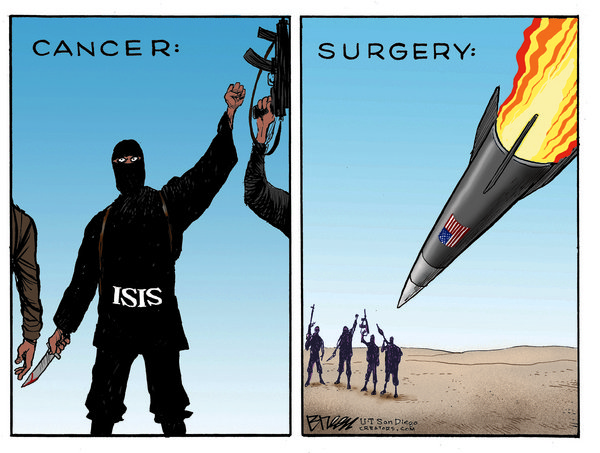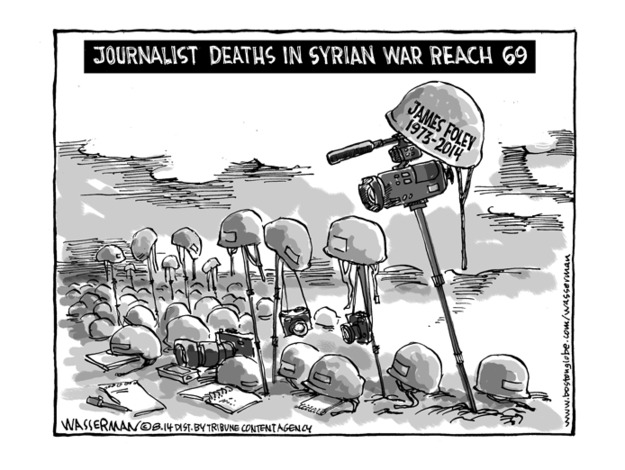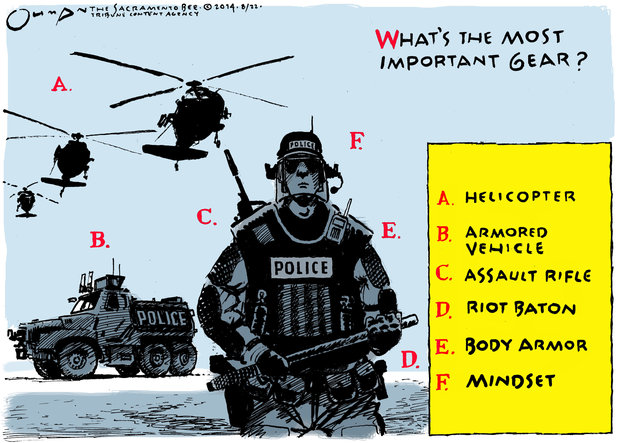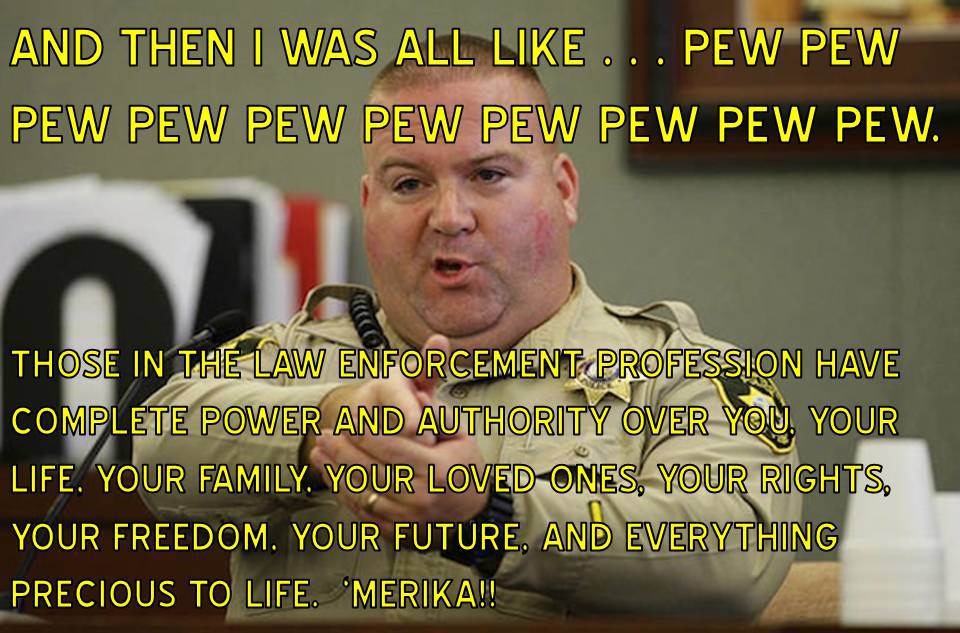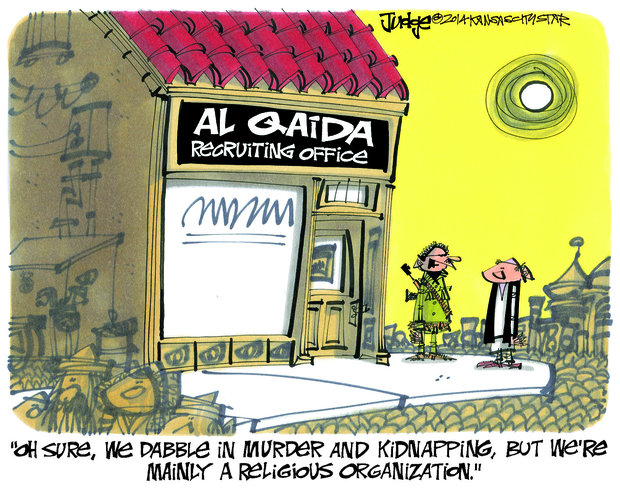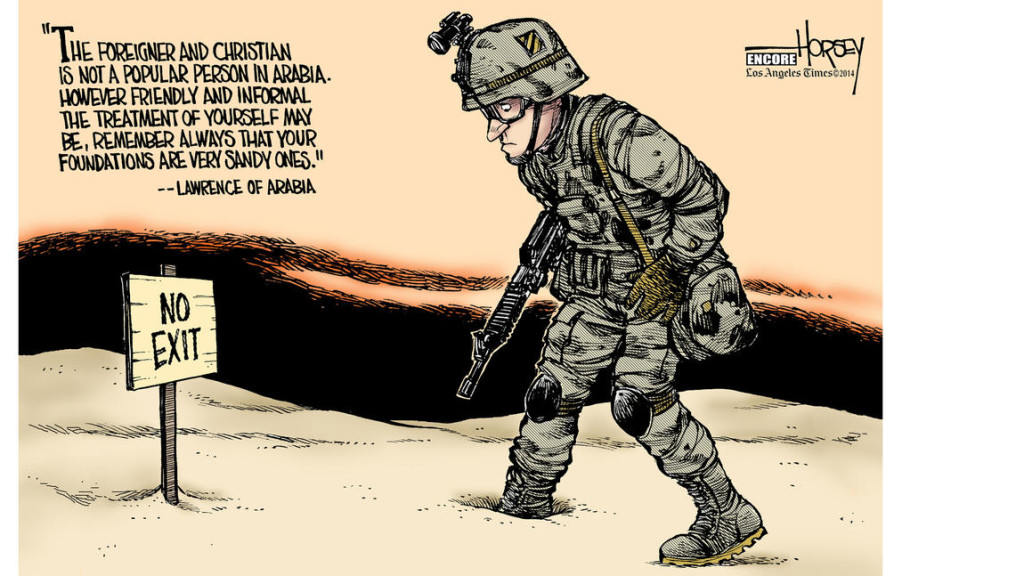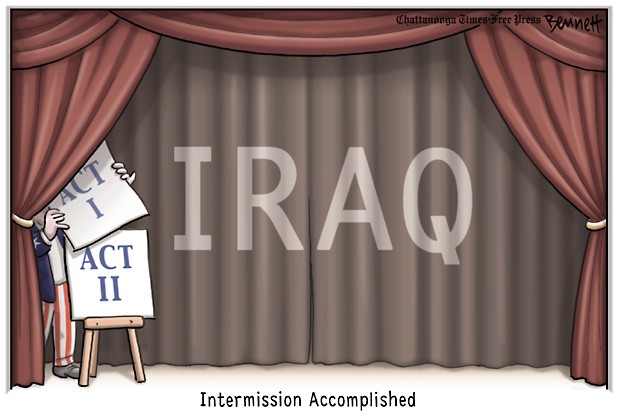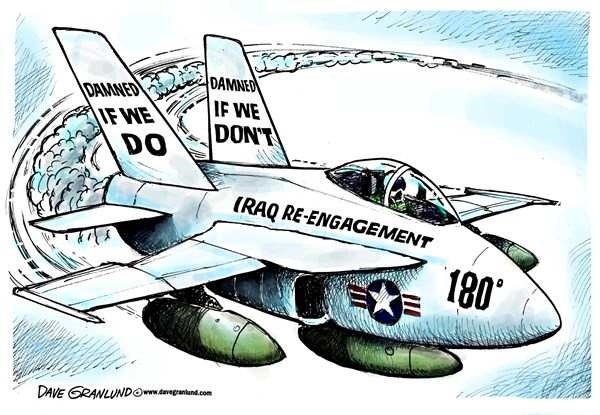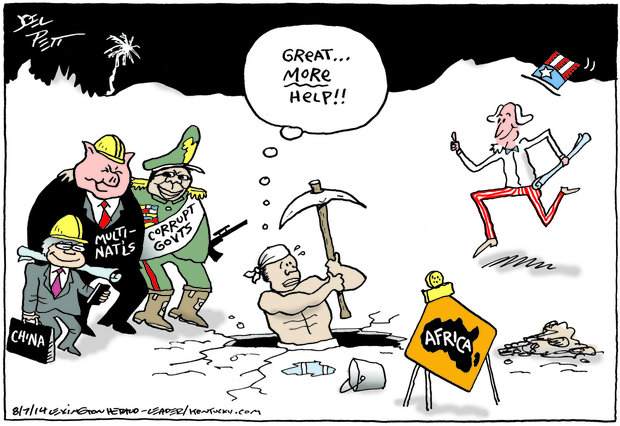The Senate Armed Services Committee held a hearing on Tuesday about the US policy to combat the Islamic State. It featured testimony from Secretary of Defense Chuck Hagel and Gen. Martin Dempsey. You can find transcripts of their testimony here. During their pitch, they called each other “Chuck” and “Marty”. What happened to “Mr. Secretary” and “General”?
Is this the level of professionalism these guys show in the field, or with our allies?
Anyway, the idea of the hearing was for Secretary Hagel and General Dempsey to explain to the Senators how we will conduct the “degradation and destruction” of ISIS. It didn’t go well for those of us who think we should really have a strategy before we head off to Iraq and Syria.
The headline from the hearing is that the disconnect in the ISIS strategy, that we saw when Mr. Obama said we had no Syrian strategy, remains. We still have no Syrian strategy, at least no strategy that has a high probability of working.
Aside from the air strikes that you know about, there was a discussion of training a new force to go into Syria. General Dempsey expects that we will recruit 5,400 previously untrained Syrians from refugee camps, send them to about a year’s military training in Saudi Arabia, organize maybe a few more contingents in later training cohorts, and then send them into Syria, where they will defeat ISIS, and then move against Assad.
That’s believable. Hope you didn’t think we should be doing something sooner, because no other ME country will be sending actually breathing, trained troops to help out against ISIS in Iraq or Syria.
The Obama strategy reads as a multi-track effort. On the one hand, we will combat ISIS; then we will effect regime change in Syria. That’s a maximalist strategy, but is it realistic? The plan has additional risks, (American boots on the ground, quagmire, and creation of additional Islamists who hate America) plus, there is little chance it will work. Too many moving parts.
Maybe Mr. Obama’s real plan for training 5400 Syrians to become a new kind of “Bay of Pigs Brigade” (that didn’t go well) is to delay having to do anything about Syria and Assad, and leave that decision to his successor. The peril is, should the Bay of Pigs Brigade fail, McCain & Co then have a better reason to call for an all-out invasion of Syria, because Assad just killed off our 5400 trusty unicorns.
And because America would lose face if we let Assad get away with it.
Today in the NYT, Tom Friedman finally makes some sense:
Here’s another question: What’s this war really about?
“This is a war over the soul of Islam — that is what differentiates this moment from all others,” argues Ahmad Khalidi, a Palestinian scholar associated with St. Antony’s College, Oxford. Here is why: For decades, Saudi Arabia has been the top funder of the mosques and schools throughout the Muslim world that promote the most puritanical version of Islam, known as Salafism, which is hostile to modernity, women and religious pluralism, or even Islamic pluralism.
More from Friedman:
Saudi financing for these groups is a byproduct of the ruling bargain there between the al-Saud family and its Salafist religious establishment, known as the Wahhabis. The al-Sauds get to rule and live how they like behind walls, and the Wahhabis get to propagate Salafist Islam both inside Saudi Arabia and across the Muslim world, using Saudi oil wealth. Saudi Arabia is, in effect, helping to fund both the war against ISIS and the Islamist ideology that creates ISIS members.
In yesterday’s NYT, the above quoted Ahmad Samih Khalidi said:
The West must overcome its reluctance to offend the Saudis, and speak out much more forcefully against the insidious influence of Wahhabism and the ideological support it offers violent extremism. The Arab Gulf States must choose a side. They cannot continue to finance terrorism and use fundamentalism as a policy tool and yet claim to be fighting it abroad.
The lesson we should have learned in Iraq is that toppling a ruthless dictator does not produce spontaneous democracy. It produces spontaneous chaos that makes the ruthless dictator look, in retrospect, like the better alternative. That could be the outcome in Syria as well.
When ideology collides with reality, reality wins. Today’s reality is that if the ME nations fail to address this problem themselves, it will not get solved. It’s time for America to rethink the continuation of the wishful policies that have kept us stuck in the Middle East for so long, and at such a high cost.
As Matt Stoller said this week: (emphasis by the Wrongologist)
Adopting a realistic policy on ISIS means a mass understanding who our allies actually are and what they want, as well as their leverage points against us and our leverage points on them. I believe Americans are ready for an adult conversation about our role in the world and the nature of the fraying American order, rather than more absurd and hollow bromides about American exceptionalism.


